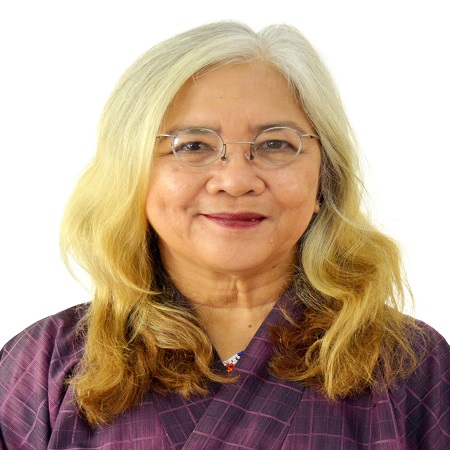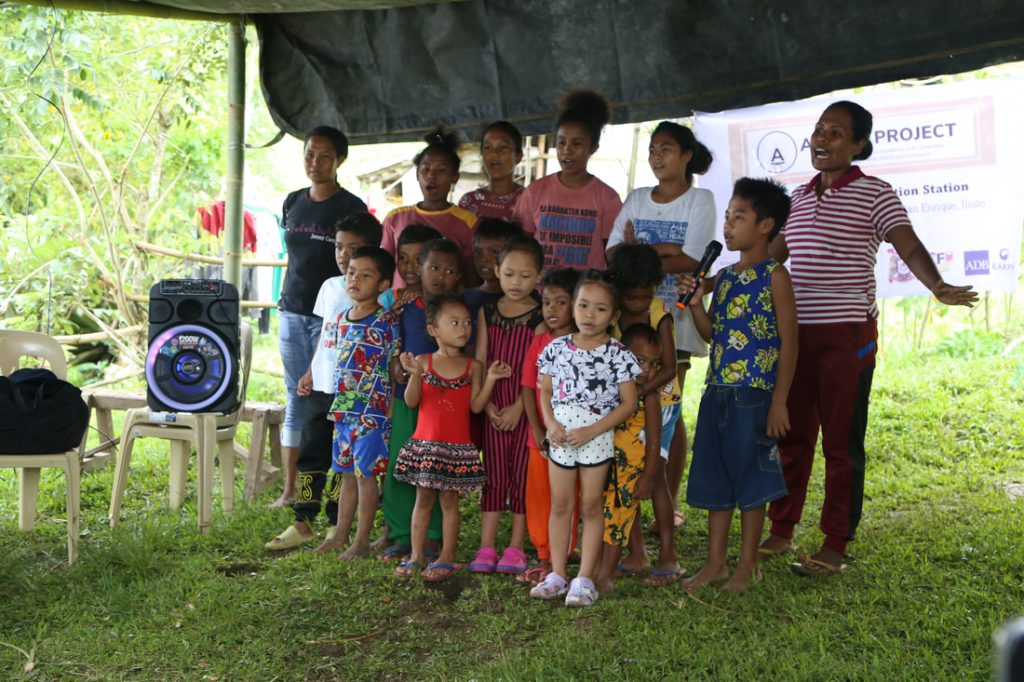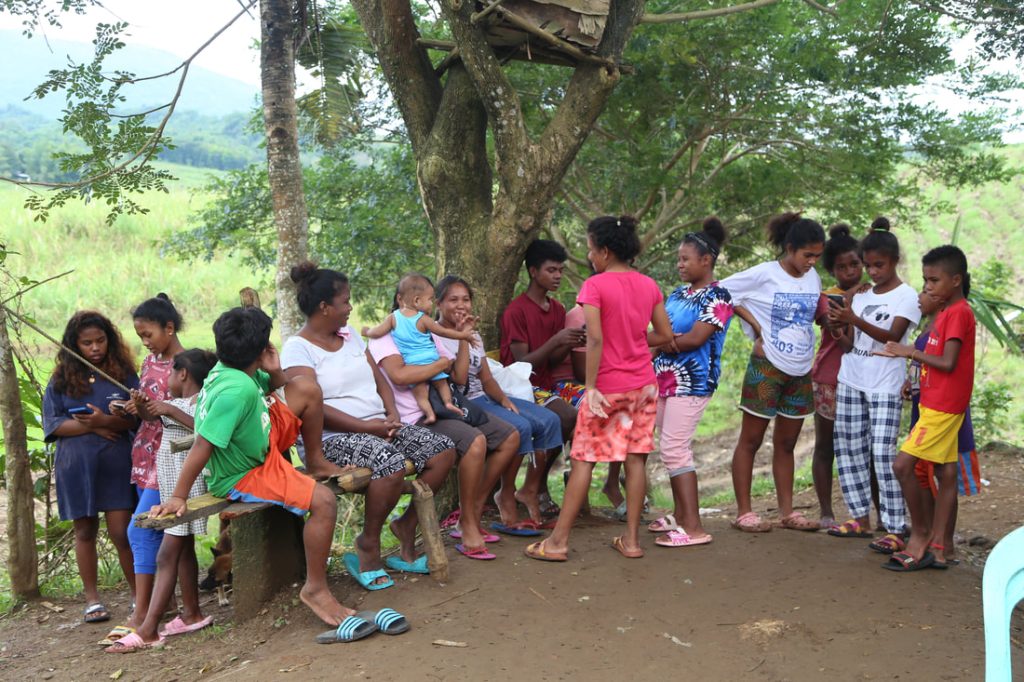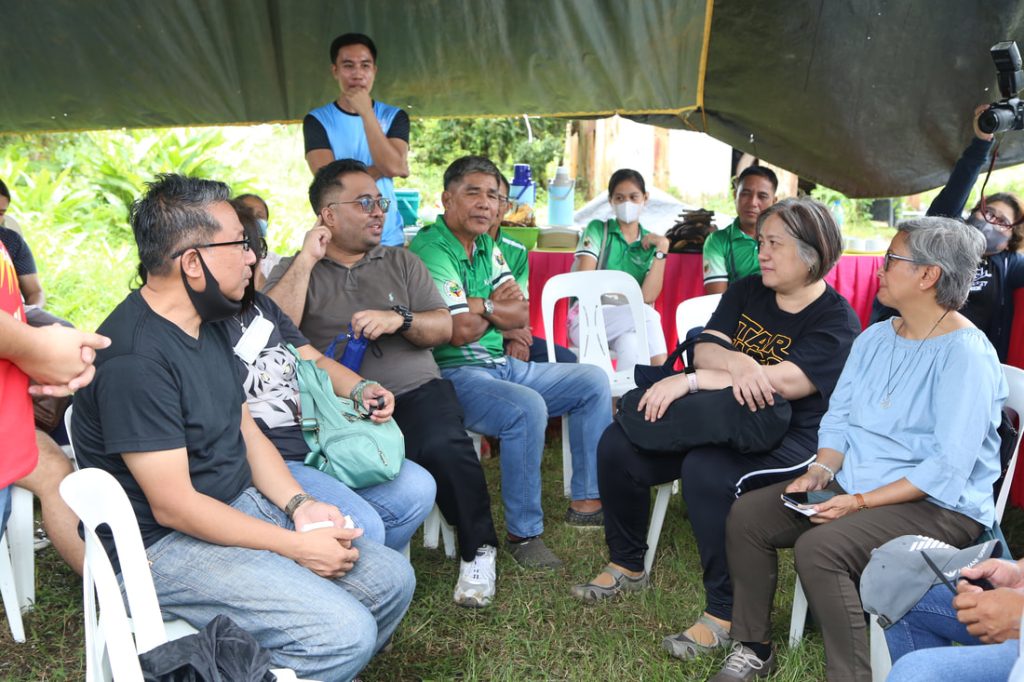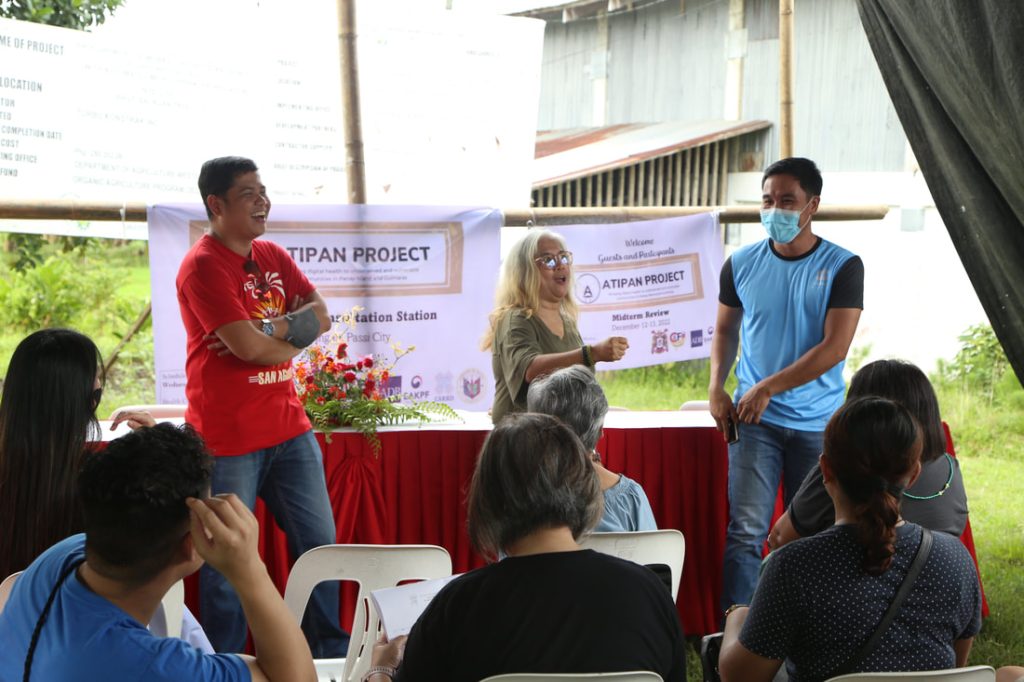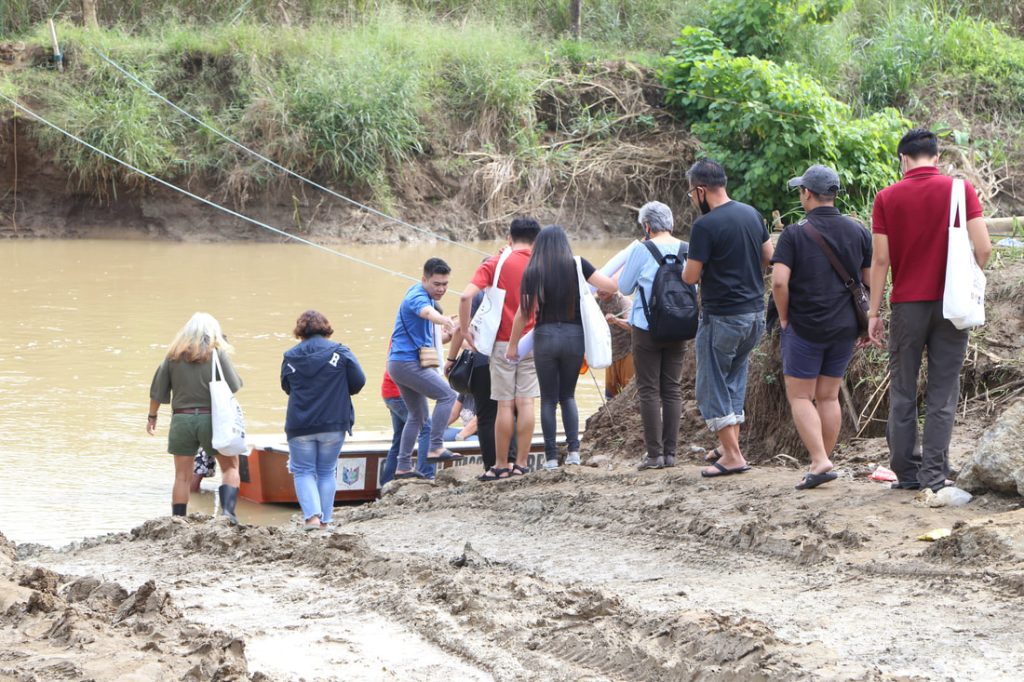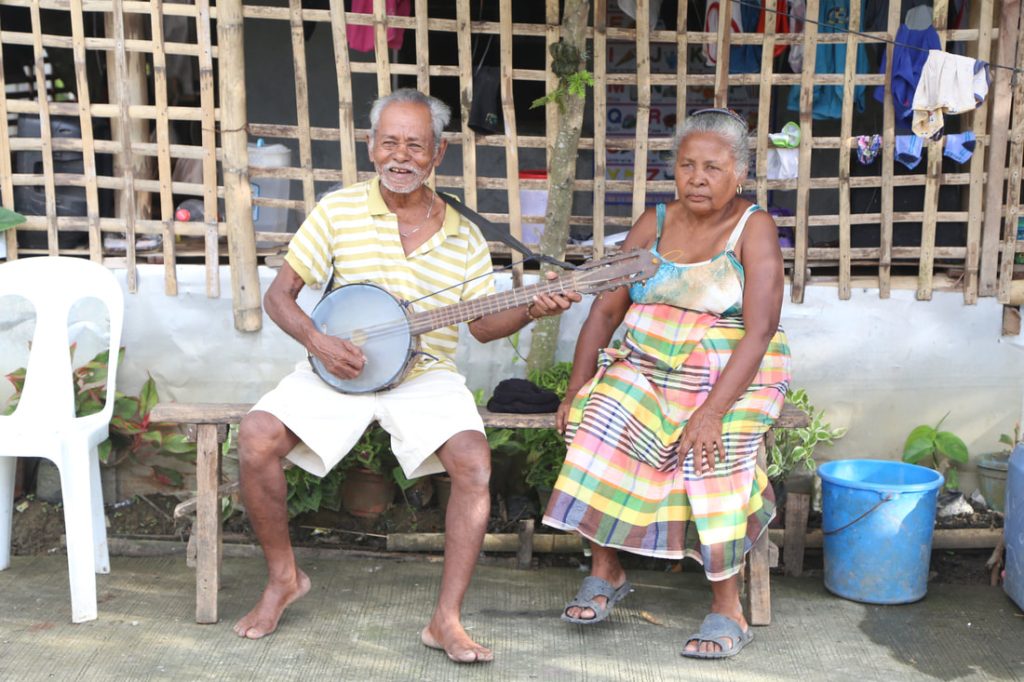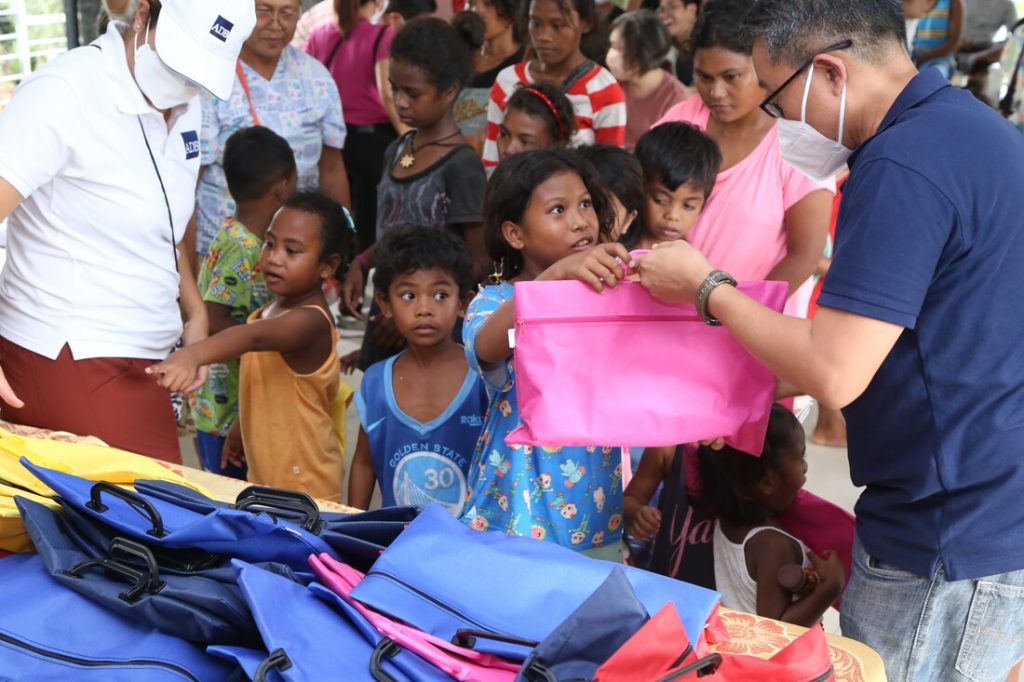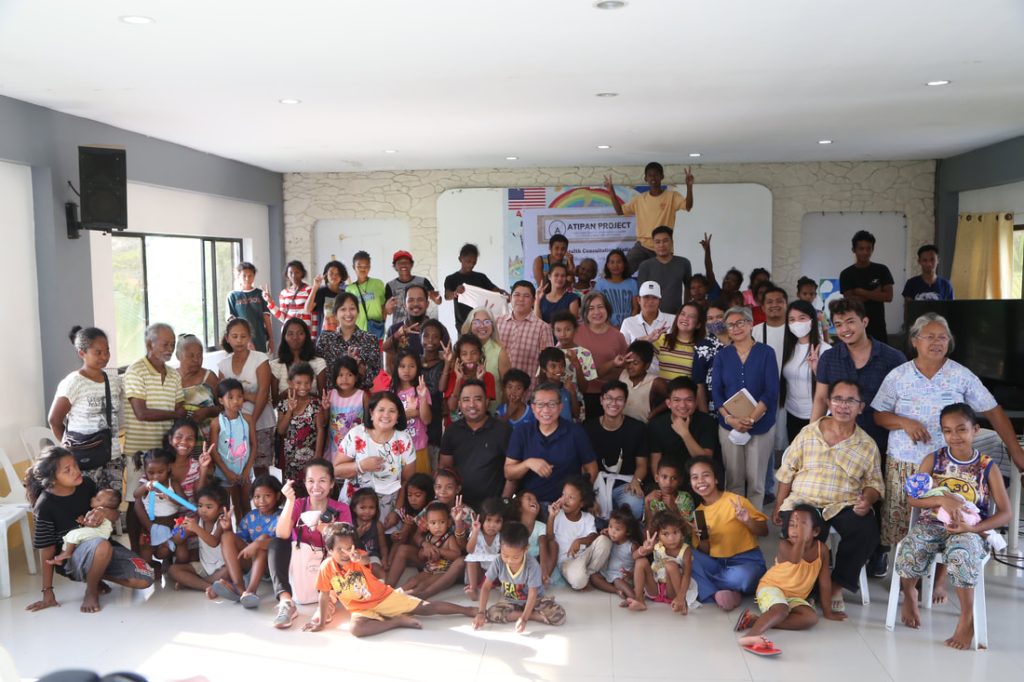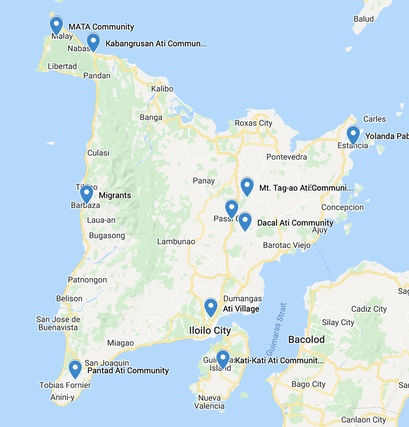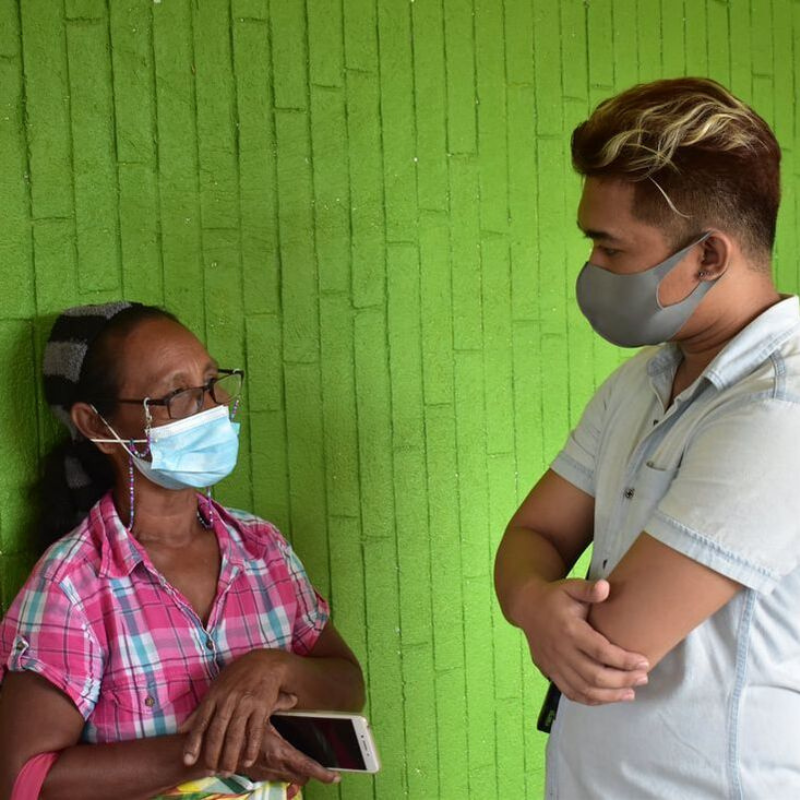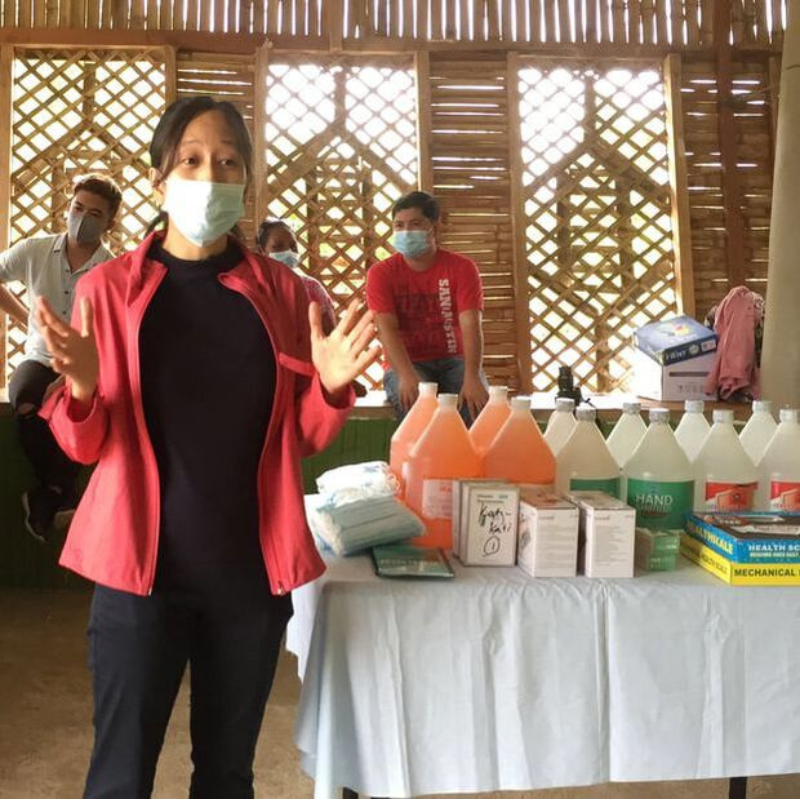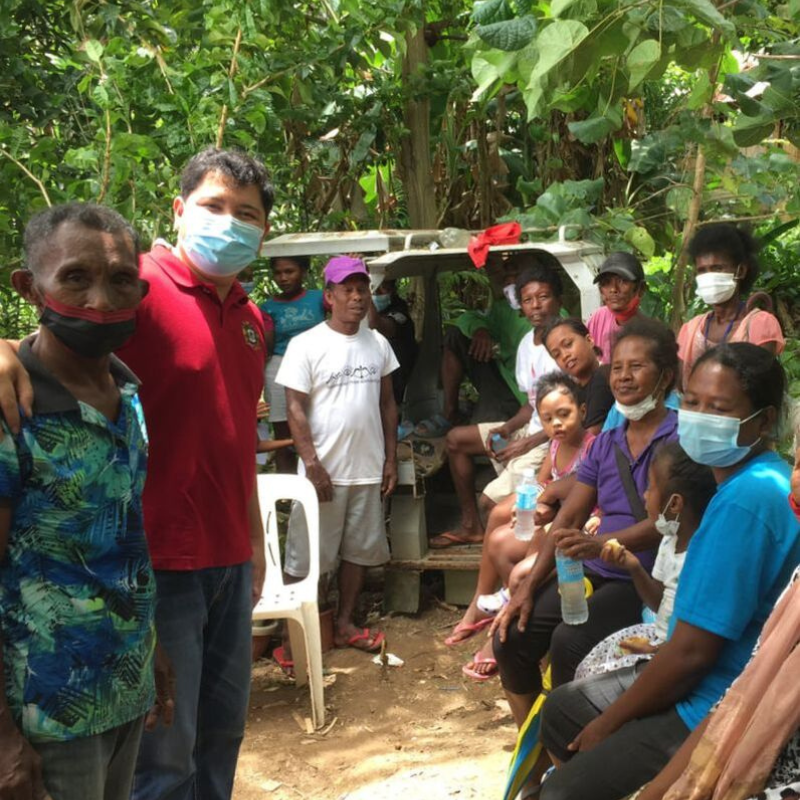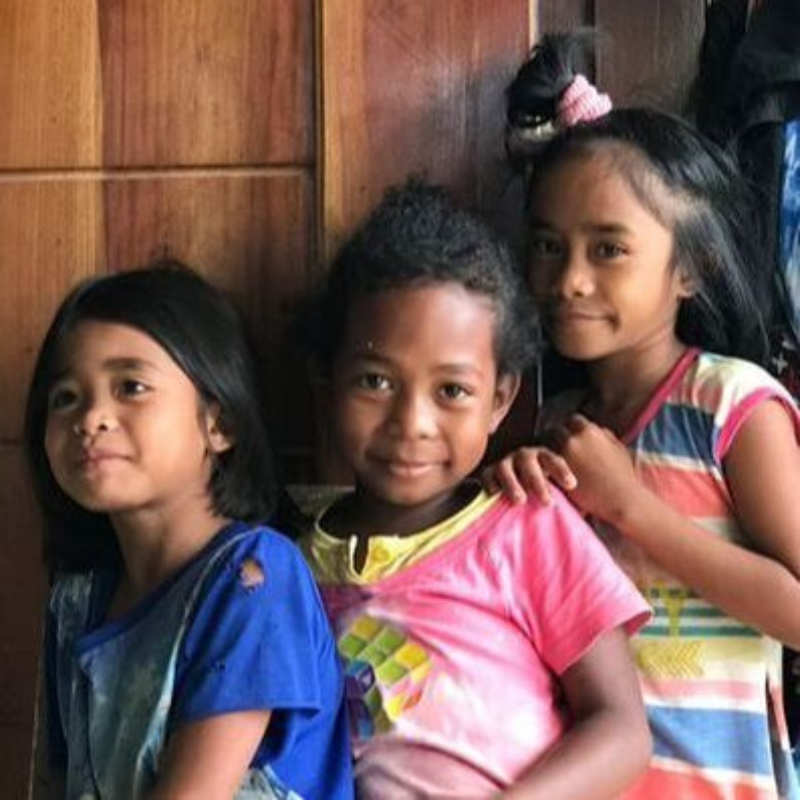Philippines
Hub: University of San Agustin, Philippines
Title: Telehealth data, predictions, pandemic prevention, and preparation (TDP4): early resources mobilization and long-term mental health response in highly vulnerable Indigenous communities.
Team Members
General Objectives
Our long-term objective is development and implementation of a sustained sentinel epidemic-surveillance and resource-planning system for underserved and marginalized Indigenous communities of Western Visayas (Region 6, Philippines) using telehealth and community-inspired health innovations. Within this proposal, the chronic lack of access to healthcare among Indigenous minorities is also addressed as a prelude to universal healthcare. The ultimate goal of this system is to manage and greatly reduce the impacts of public health emergencies and their long-term mental health repercussions which are greatly compounded by the lack of access to healthcare in these communities. Improved performance goals include anticipation of crises to enable roll-out of the appropriate co-created health, social and economic programs for highly vulnerable Indigenous populations.
Specific Objectives
1) Machine learning and epidemic predictive modeling using telehealth and community data.
Determine the signals that warn of and/or predict an epidemic, and predict its mental health toll. In addition, we will also determine the configuration of the telehealth network to optimize epidemic detection sensitivity.
2) Infrastructure and social-capacity development for epidemic surveillance and health response programs.
Co-develop optimized telehealth network to provide healthcare access to underserved communities alongside disease surveillance across the region; incorporate epidemic signal data collection and detection, and healthcare access monitoring to the infrastructure and develop the computational tools for epidemic response generation.
3) Resource-planning tools for the early response to the predicted epidemic and the mental healthcare long-term response.
Co-develop a response configuration to address physical & mental health, and the social impact/s of an epidemic, and a modeling tool to configure the appropriate response.
Philippines Image gallery
Telehealth and Pandemic Response in the Philippines (TDP4)
Context:
The Philippines is prone to natural disasters and pandemics, making healthcare delivery especially challenging in remote and Indigenous communities. The COVID-19 pandemic highlighted the need for improved telehealth systems to support vulnerable populations in times of crisis.
Implementation Research:
The research team in the Philippines is asking: How can AI and telehealth systems be integrated to improve mental health responses and mobilize resources in vulnerable Indigenous communities during pandemics?
Research in Action:
TDP4 is implementing AI-powered telehealth platforms for real-time resource mobilization and mental health support. The system utilizes predictive models to assess and respond to mental health crises, particularly in Indigenous populations disproportionately affected by disasters and pandemics.
Results and Next Steps:
Initial trials show the telehealth platform’s potential to improve mental health outcomes and aid in the distribution of resources during crises. The team plans to expand the system to other disaster-prone areas of the Philippines.




